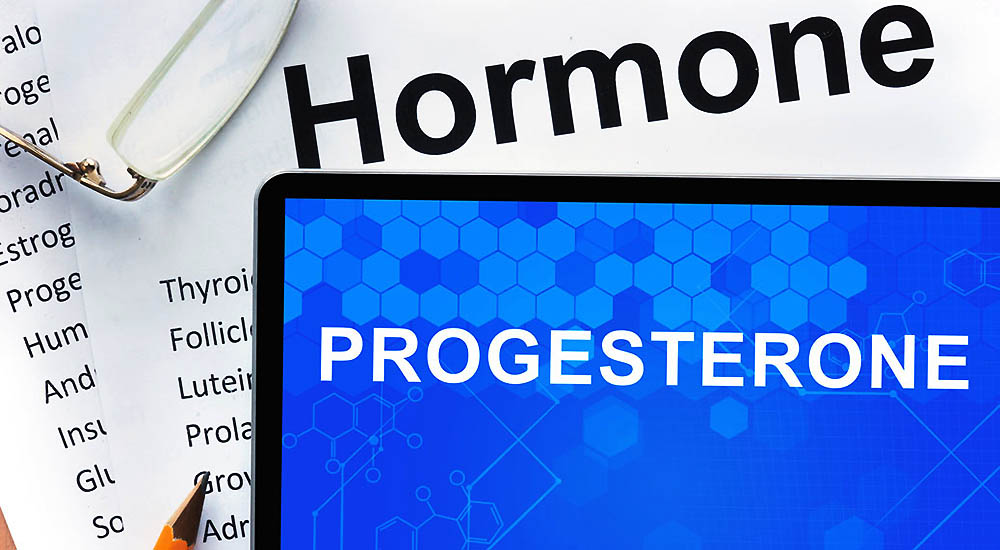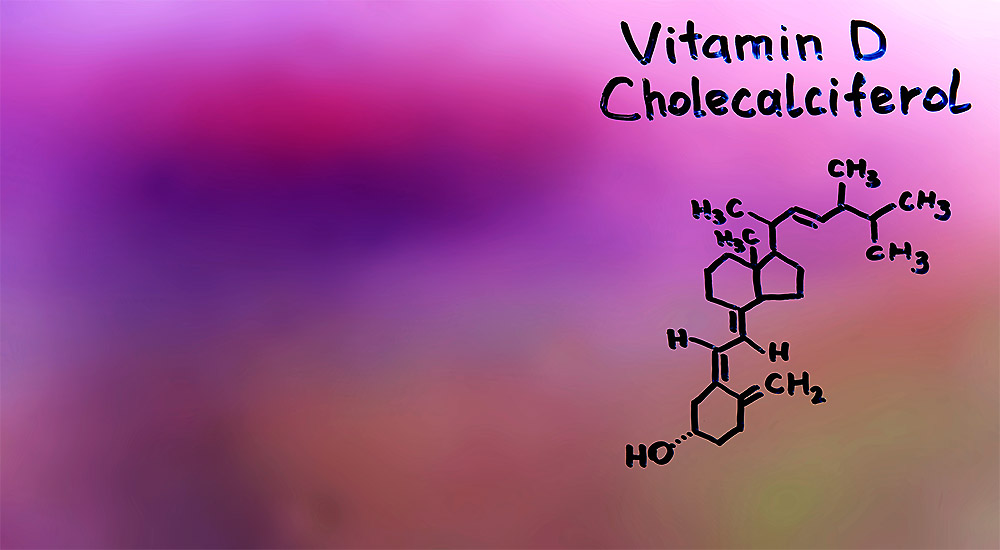What if Your Face Didn’t Work… Physical Therapy to the Rescue

They say it’s easier to ‘smile’ than to ‘frown’. While that is mostly aimed at raising the spirits of a sad friend or family member, it turns out that, anatomically speaking, it’s not quite correct.
Apparently it involves about 11 or 12 muscles either way, and we rather take those muscles and their ability to work for granted until something goes wrong.
As a physical therapist, I find myself needing to evaluate the many muscles of the face in patients having any type of facial paralysis or imbalance. This condition is sometimes called Bell’s Palsy.
As a physical therapist, my eyes automatically see beyond the superficial makeup, skin, and hair appearance of my patients, to the symmetry of the bones and muscles of their face.
The head has an amazing complexity of varying sized bones linked to each other at joints with very strong muscles. Through the wide variety of facial muscles lies a vast network of web-like nerves and blood vessels. All these work in synchrony, like an orchestra, to create the different expressions on our face.
It’s a Very Stressful Condition
My very first encounter with a facial muscle paralysis was during my internship. I still remember that patient till this very day. She was a 17 yr old student who came in with her mom.
One side of her face was completely drooped and she had her long hair draped over that side in an effort to conceal it. She was understandably very distraught and had not been attending school. Her mom was very worried and wanted reassurance that it would heal – fortunately it did.
Since that first encounter, I have seen many, many similar cases throughout my two decades of physical therapy practice. Most of them have been females, and usually, there is a prior history of exposure to either a respiratory tract infection, common cold, a history of sinus issues, jaw pain, or ear infections, to name a few.
Though, sometimes, it can occur as a side effect of medications, a stroke, or an autoimmune disease. When a patient comes into the office with such a paralysis it is not difficult to spot. Their eyelid does not shut completely so there is constant tearing. The person is unable to smile or grimace, and the edge of the lip tends to droop down. Drinking is very difficult and drooling is also common. Basically, it is a horrific experience for the patient.
What’s the Cause?
The culprit is a nerve called the facial nerve that controls most of the muscles on the face. The nerve is close to the skin, as opposed to being deeper as many nerves are, and therefore it gets easily irritated and inflamed by such things as ear infections, colds, sinus stuffiness, etc.
Typically such things are not enough to bother the nerve, but if the body’s immune system is a bit compromised, then such conditions can inflame the nerve enough to create problems, including paralysis.
Physical therapy plays an important role when the muscles stop functioning. During my evaluation, I check the muscle strength of each facial muscle – not an easy task. Each facial muscle has a specific function and to ensure good progress, we have to grade their function. Many physical therapists find it difficult to put an objective grade on facial muscles, as it can be quite tedious. But experience has taught me the value of correctly performing such an analysis.
Treatment that Works!
Once I have all the data in hand, I start the treatment process. I use many different physical therapy techniques to normalize muscle function, range of motion, blood flow, and effective pain management.
Patients are also put on a rigorous home exercise routine which they have to perform in front of a mirror to ensure they are doing it correctly.
With facial muscle paralysis, educating the patient is very important and its something I spend a great deal of time on.
Depending on the cause, facial paralysis can take anywhere between 15 days to 3-4 months to heal completely. The sooner the patient arrives, the faster they are likely to recover. And like any nerve injury, the longer the problem has existed, the more nerve compression occurs, making the treatment take longer and reducing the chance of full recovery.
If you know anyone with this problem, please encourage them to come in for free health analysis. I can determine the best course of treatment through the use of physical therapy.
Do you need help with your health?
We have the diagnostic and testing tools, the clinical experience, and a different medical approach to discovering the root cause of why you have the symptoms that are bothering you. As long as you are ready to make some dietary and lifestyle changes, we can help you. We will "hold your hand" through the changes, step by step, to make each step an easy one. We are located in Clearwater, FL, at 1000 S Ft Harrison, at the corner of Ft. Harrison Ave. and Magnolia St. There is plenty of parking space directly accessible from Ft Harrison. If it is not convenient for you to come to Root Cause Medical Clinic, we offer telehealth/telemedicine consultations to residents of certain states. Call us for details.
Contact us for a Consultation – Call 727-335-0400
Ask a Doctor
Have a health concern you'd like to speak with a doctor about? Or just want clarity on a subject? Ask Us!
Featured Articles
Popular Stories

Dr. Rupa Chakravarty DPT, OCS
Director of Physical Therapy at Root Cause Medical
Doctor of Physical Therapy, Orthopedic Certified Specialist
Dr. Chakravarty has numerous certifications for different techniques in Physical Therapy practice. She employs an extensive array of manual as well as exercise techniques to manage her patients’ symptoms during their course of therapy.


